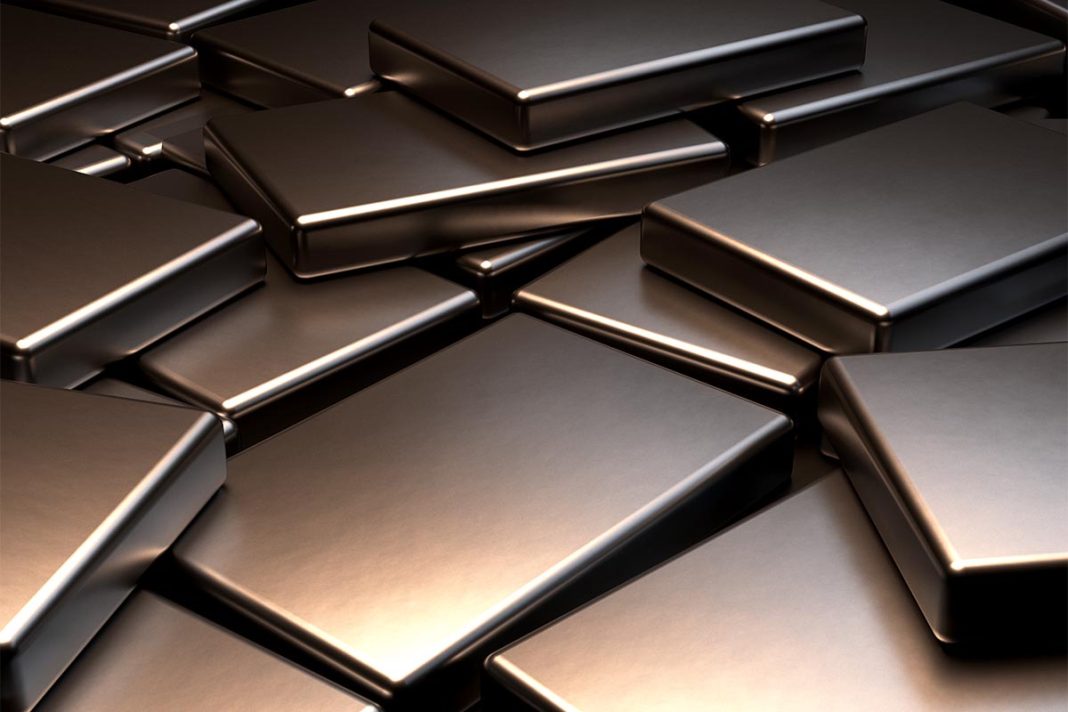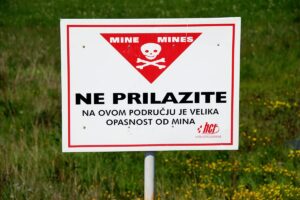China has escalated its control over the global supply of rare-earth magnets, imposing stricter export restrictions that are already disrupting key industrial sectors. The new measures, introduced in late June 2025, specifically target neodymium-iron-boron (NdFeB) magnets—vital for electric vehicles, wind turbines, robotics, and high-performance electronics.
The move has sent ripples through global markets. Automakers like Ford have warned of looming production delays in electric vehicle components, while BMW and Mercedes-Benz are urgently exploring alternative suppliers outside of China. Tesla has intensified its focus on recycling rare-earth materials in response. With China responsible for more than 90% of global magnet output, the new controls are being interpreted as part of a long-term strategy to leverage its dominance in strategic minerals.
For the Adria region—home to a growing ecosystem of manufacturers connected to European auto and energy supply chains—the implications are serious. Companies in Slovenia, Croatia, Serbia, and North Macedonia that supply components for e-mobility, precision machinery, and renewable energy projects now face heightened exposure to material shortages, cost surges, and disrupted timelines.
Staying competitive will require forward planning. Regional firms may need to revisit sourcing strategies, invest in alternative materials, and keep pace with EU-level efforts to reduce dependence on Chinese critical minerals. In a landscape where geopolitical shifts are reshaping industrial logic, the Adria region’s exporters and manufacturers must adapt or risk falling behind.







